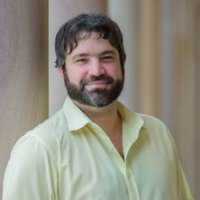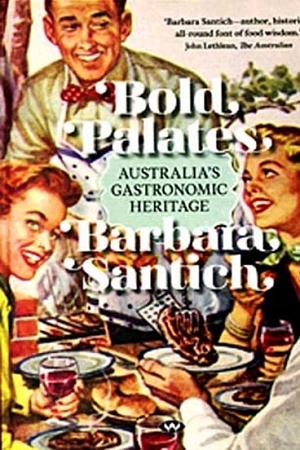Constructing Economic Science: The invention of a discipline 1850–1950
Oxford University Press, £64 hb, 456 pp
University-made economics
Don’t let the title put you off: this book is not purveying social theory but investigates the historical process by which economics became a university discipline in Britain, focusing on how that event changed the nature of economic knowledge. It thus mixes intellectual and institutional history of the highest quality. ‘Constructing’ in the title refers to the cover image of the model built by Vladimir Tatlin and his colleagues of his planned 400-metre tower. Tatlin was a ‘constructivist’ in the sense of the Russian art movement that needed engineers not philosophers. The tower was never realised, much like the ambitions held for economics by Alfred Marshall, its champion at the University of Cambridge, c.1885–1908, who sits at the centre of this book.
Tribe is the only person who could have completed this study. It draws on a lifetime’s knowledge of British economic literature, which Tribe has been mastering since his book Land, Labour and Economic Discourse (1978). That research has been conducted in parallel with work on the history of German economics, beginning with Governing Economy: The reformation of German economic discourse 1750–1840 (1988). The combined effect is one of Tribe’s distinguishing features as a scholar – the ability to view the British through German eyes and vice versa. This, incidentally, makes him one of the few people in the world who can conduct source criticism on Karl Marx’s Capital, the results of which are devastating for Marx’s standing as an economic theorist and historian (see chapter six of Tribe’s The Economy of the Word).
The intersection of German and British economics is also at play in this volume. The German story is one of a policy discourse (Kameralwissenschaft) that was being taught at university to future administrators until it was transformed into metaphysical soup once it came into contact with post-Kantian philosophy around 1800, and then disappeared into irrelevance. Seen from this point of view, the comparatively modest penetration of British universities by German metaphysics in the nineteenth century prompts the question: what happened to British political economy? We have not been in a position to answer this question due to the sorry state of the history of economics.
Continue reading for only $10 per month. Subscribe and gain full access to Australian Book Review. Already a subscriber? Sign in. If you need assistance, feel free to contact us.















Leave a comment
If you are an ABR subscriber, you will need to sign in to post a comment.
If you have forgotten your sign in details, or if you receive an error message when trying to submit your comment, please email your comment (and the name of the article to which it relates) to ABR Comments. We will review your comment and, subject to approval, we will post it under your name.
Please note that all comments must be approved by ABR and comply with our Terms & Conditions.